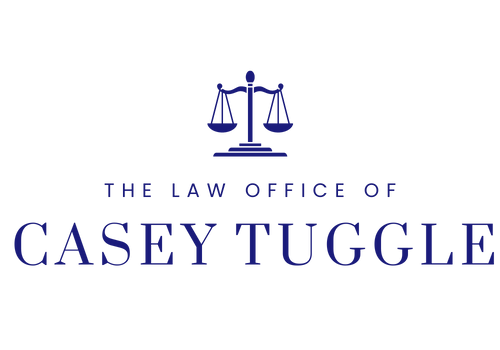Is It Time to Modify Your Custody Agreement? Red Flags to Watch For
Custody agreements are designed to serve your child’s best interests. But life doesn’t stand still after court. Kids grow. Parents move. Work schedules shift. What made sense when the agreement was signed might not reflect the reality you're living today. If your parenting plan feels out of sync with your current circumstances, it may be time to consider whether a modification is the next step.
In our practice, we often meet parents who sense that something is off, but they aren’t sure whether their situation rises to the level of needing court involvement. The truth is, custody modifications are not about perfection. They’re about whether the current arrangement still supports your child’s well-being. Below are seven common scenarios that often signal a need for legal review.
One of the most obvious signs is when one parent relocates or plans to move in a way that affects the existing parenting schedule. Relocation impacts travel logistics, time-sharing, and sometimes decision-making authority. Whether a parent moves across the state or across the country, the parenting plan likely needs to be revisited. Without formal court approval, either parent could be placed at risk of violating the order or losing meaningful time with their child.
Another red flag is when a child begins refusing visitation with one parent. While courts are careful about placing too much weight on a child’s preferences alone, they do take consistent patterns of resistance seriously—especially as the child gets older. These situations often signal a deeper emotional or relational issue that needs attention. In some cases, it may reflect a shift in the child’s best interests that warrants legal action.
Significant lifestyle changes can also form the basis for modification. If a parent has lost a job, is struggling with mental health or substance abuse, or has introduced unsafe people into the home, these factors can threaten the child’s stability. Courts expect both households to provide a safe, consistent environment. When that stability breaks down, a new plan may be necessary to protect the child.
Ongoing violations of the existing custody order can also create grounds for modification. If one parent routinely ignores the schedule, withholds communication, or makes major decisions without agreement, these repeated boundary crossings can undermine the structure the child needs. Modifying the order in court can provide enforcement mechanisms and reduce unnecessary conflict moving forward.
Children's needs change with time, and parenting plans should reflect that. A schedule that worked well for a toddler may no longer support a school-age child’s educational and social life. As children get older, their academic workload increases, they get involved in extracurricular activities, and their developmental needs evolve. Adjusting the custody arrangement to reflect those changes is often in the child’s best interest.
In some cases, a parent may actively attempt to damage the child’s relationship with the other parent. This can look like badmouthing, restricting contact, or manipulating the child’s feelings to create distance. Courts are highly sensitive to these behaviors, which are considered damaging to the child’s emotional health. When this happens, a modification may be needed to preserve a healthy co-parenting dynamic and restore the balance.
Lastly, concerns about abuse or neglect must always be taken seriously. If there is any indication that your child’s safety is at risk—whether physical, emotional, or psychological—it is critical to act immediately. This may involve seeking emergency relief or requesting a full modification of custody terms to ensure your child is protected.
Under Georgia law, courts require a “material change in circumstances” before custody can be modified. This change must have occurred since the last order and must affect the child’s welfare. Whether you are pursuing or responding to a request for modification, it’s important to understand how the law applies to your situation and what evidence is necessary to support your case.
You do not have to figure this out alone. At the Law Office of Casey Tuggle, we help parents across Georgia navigate custody modifications with strategy, clarity, and care. Whether your case involves relocation, refusal of visitation, or a concern for safety, we will help you assess the situation and take the right next step to protect what matters most.
If your custody plan no longer reflects your reality, we are here to help. Call our office at 912-470-7475 to schedule a consultation and learn how we can support you in moving forward with confidence.

